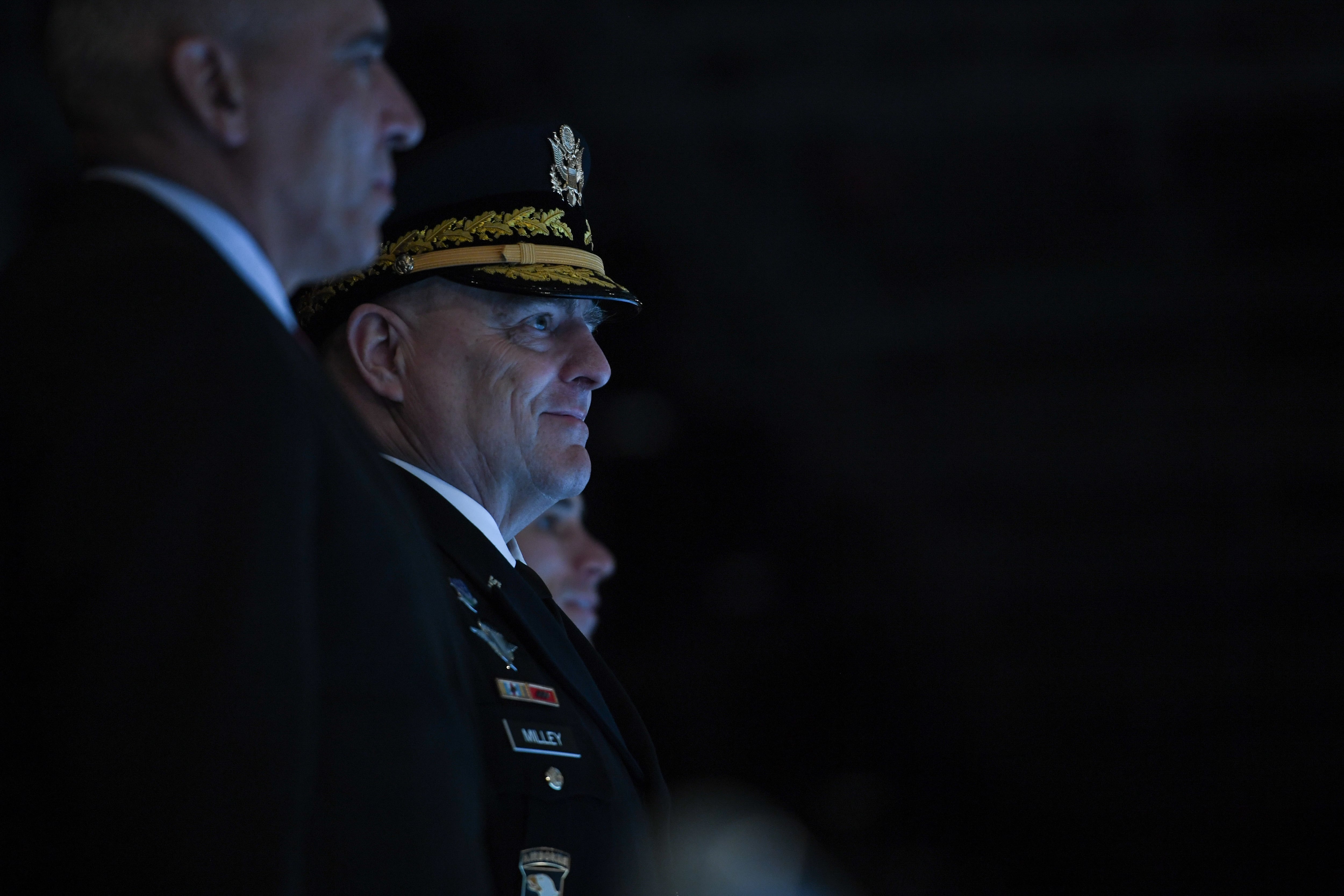In recent years, I have seen a lot of progress in rebuilding our military readiness. This is due in large part to our nonpartisan tradition in resourcing defense. This has led to 58 consecutive years of enactment of the National Defense Authorization Act.
The long-standing spirit of collaboration culminated last year with the enactment of the fiscal 2019 NDAA prior to the start of the fiscal year; a feat that had not been accomplished in 22 years. Paradoxically we were able to do this with one of the most ideologically disparate Congresses in history. We accomplished this because we knew it was the right thing to do.
This then afforded the Department of Defense a full year of funding to restore readiness in a cost-effective manner, provide stability for the industrial base and allow the services to begin innovating to meet the future threat outlined in the National Defense Strategy. Unfortunately, politics in Congress has put us on a path to undo all we have accomplished. This could put us further behind our near-peer competitors in the defense arena — all at the high cost of scoring partisan political points.
The House Armed Services Committee just finished a marathon session marking up the FY20 NDAA. There is a lot of good in the bill. It included significant investment in shipbuilding, support for military families and momentous investment in new technologies like directed energy and hypersonic weapons. While the bill was reported favorably out of the committee, it passed almost exclusively on a party-line vote.
RELATED

The fundamental issue that I, and others, have with the House NDAA is that it virtually ignores the 3-5 percent real growth former Defense Secretary Jim Mattis and Chairman of the Joint Chiefs of Staff Gen. Joseph Dunford have stated is necessary to preserve the competitive advantage the United States has today.
As the FY20 NDAA goes to the floor, Congress must focus on passing a bill that continues our long-standing tradition of bipartisanship and focuses on issues that have a chance of becoming law. However, it is becoming more apparent that Democrats are abandoning this strategy. Instead, it appears they are opting to cast off the crown of bipartisanship that has allowed the NDAA to reign in passage for 58 years in favor of appeasing a piece of their party that refuses to reckon with the responsibility we have to our service members and for our national security.
Hopefully House leadership will decide to change their minds and appropriately move toward a bipartisan consensus. We must take into consideration the 3-5 percent real growth our military commanders have requested. Furthermore, the top line discussion is moot unless we address budget caps. Contrary to law, Congress has not passed a concurrent resolution for the FY20 budget. As I have said previously, without a deal, the Budget Control Act would limit FY20 defense spending at $576 billion — a drop of roughly $71 billion from a year ago. This would be catastrophic. We must pass a budget deal that removes the cap for defense.
This debate comes at a time of rising global tensions. Iran continues to display volatile behavior; North Korea appears to be negotiating in bad faith with the United States by resuming missile launches; and China continues to use predatory economic practices to gain a strategic military advantage. In uncertain times, the chances of miscalculation go up. There is no worse time to introduce uncertainty under the guise of scoring political points than now. There is no worse time to risk everything we have gained than now. But we don’t have to, and we can stop that right here, in the House.
The Constitution gives Congress the mandate to provide for the common defense. Above all else, we must provide adequate funding and leadership that supports stability and a sustained level of readiness and resources to build and maintain the capability to win overwhelmingly in the future fight. I am optimistic that we will be able to get this done, but it will require a course correction from our current path.
Rep. Rob Wittman, R-Va., serves on the House Armed Services Committee. He is also the ranking member of the Seapower and Projection Forces Subcommittee. In addition, he co-chairs the Congressional Shipbuilding Caucus.








